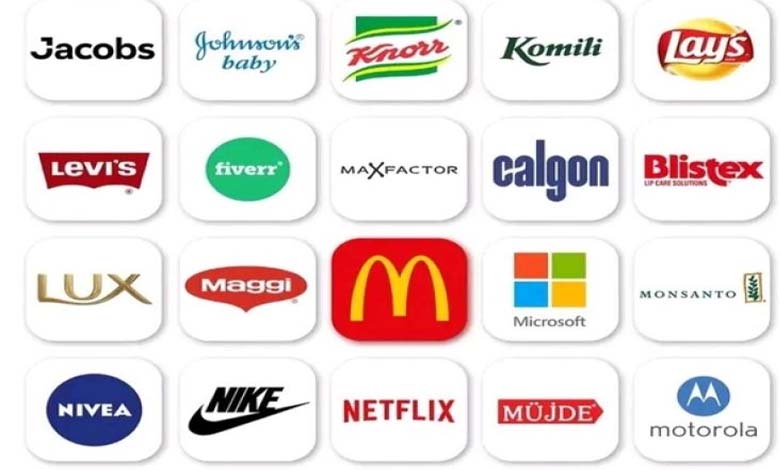Boycott of products supporting Israel… Who is affected?
There is a boycott of products supporting Israel

Major crises within the Israeli war on Gaza have led to effective Arab economic campaigns against some companies that have become supporters of Israel. These boycott campaigns have had repercussions that reached many Western companies.
Spread across social media in the past few hours were images from within the occupied territories, showing the delivery of free meals from well-known brands to Israeli army soldiers.
The Boycott movement
Social media users widely shared the images and issued calls within the Arab world to boycott a list of well-known brands.
Most of the companies that support the occupation are American, with a leading example being a group of fast-food companies that donated tens of thousands of free meals to the Israeli army, police, hospitals, and settlements near Gaza.
According to a statement from the American company “McDonald’s” in Israel, they distribute 4,000 meals daily to the Israeli army and citizens, and they also offer a 50% discount to soldiers and security forces.
This prompted young people in the Arab world to launch boycott campaigns against these companies that support the Israeli army.
Companies in the Arab world disassociate themselves
Boycott campaigns have resonated so strongly that companies in the Arab world have issued disclaimers from the parent company. In Lebanon, the company issued an explanatory statement stating that “McDonald’s” is a publicly-owned company owned by millions of people around the world, not by a specific individual, and that the management of Lebanon is independent, with its revenue going to this company.
The independent company that manages McDonald‘s branches in Lebanon reiterated that the positions of other agents do not represent them, and they are committed to “respecting their people, their nation, and standing by their side.”
Financial and Business Market Expert, Ali Al-Idrisi, explains that internal branches of global companies operate under a franchise system, where businesspeople in the Arab world enter into contracts with owners of global brand names to purchase the brand name “locally.” They receive payments and agreed-upon periodic commissions, and they also have the right, at times, to manage the local brand, requiring the party granted the franchise to comply with operational instructions and access the necessary documents to maintain sales, inventory, patent protection, and more.
Al-Idrisi emphasizes that the workforce in these branches is composed of local individuals. Additionally, when the company makes a profit, it pays taxes to Arab governments. Large companies have indeed been affected by calls for boycott campaigns through social media, which will lead to decreased sales, and thus the company management will have to reduce the workforce.












